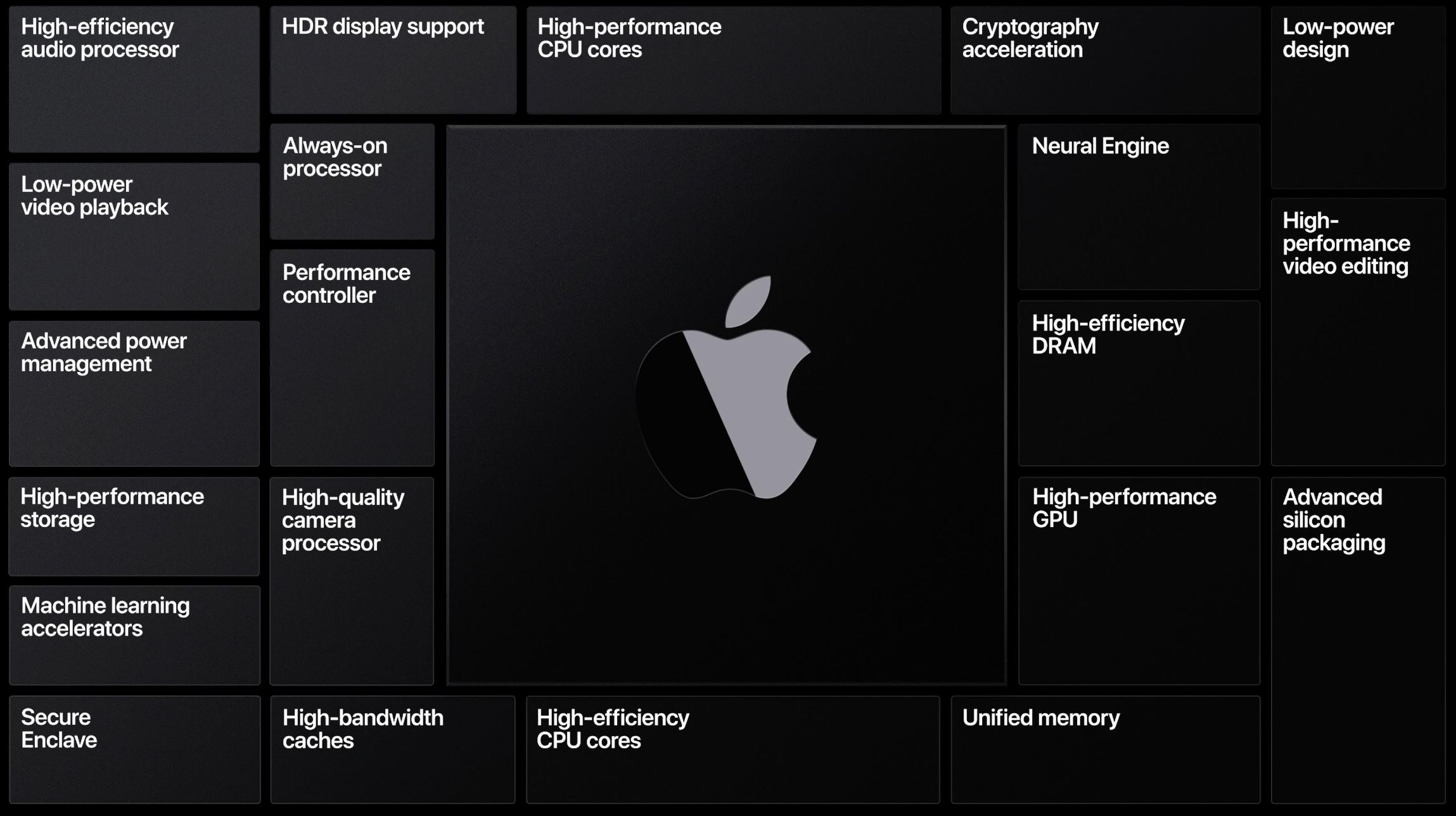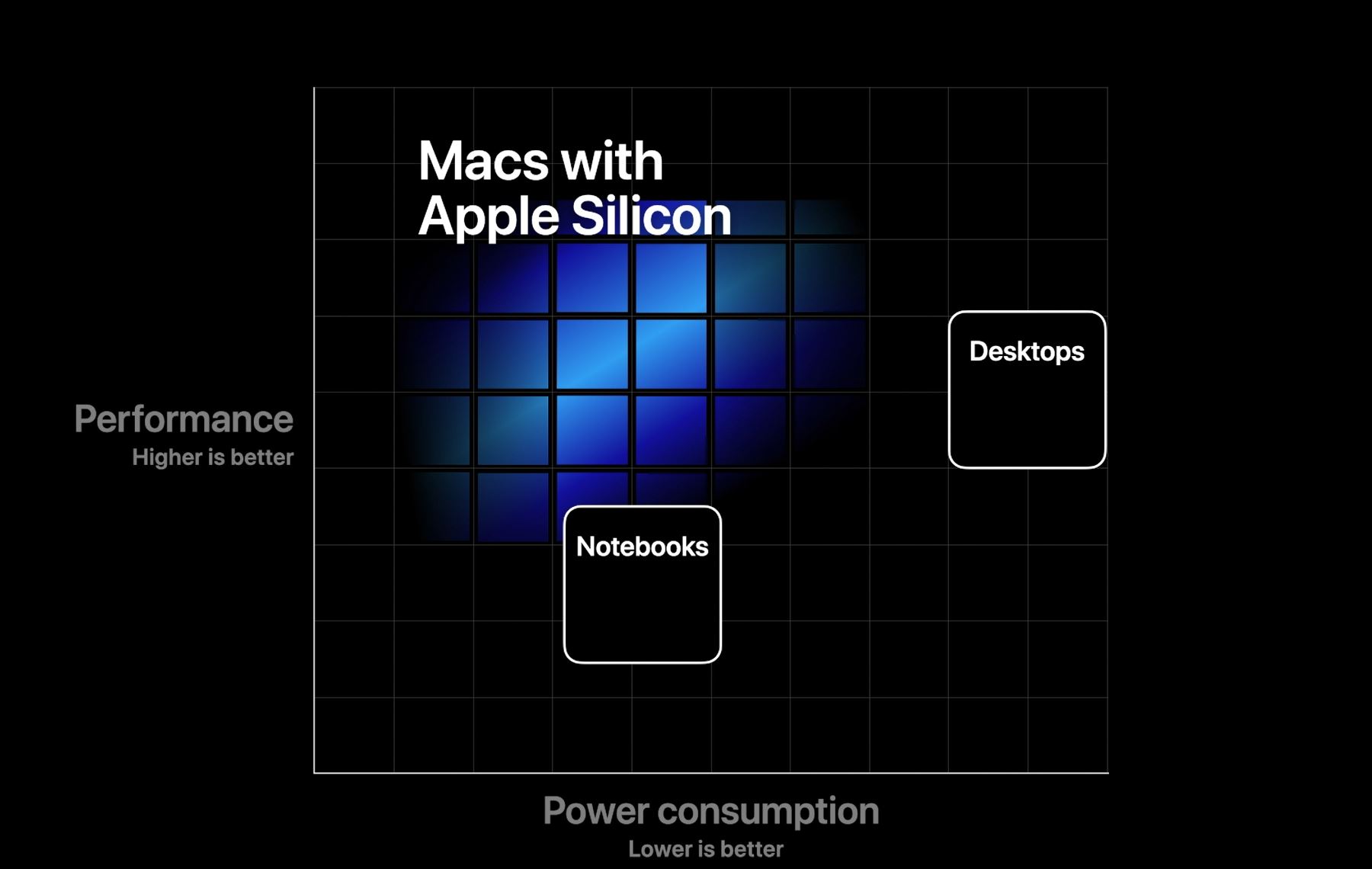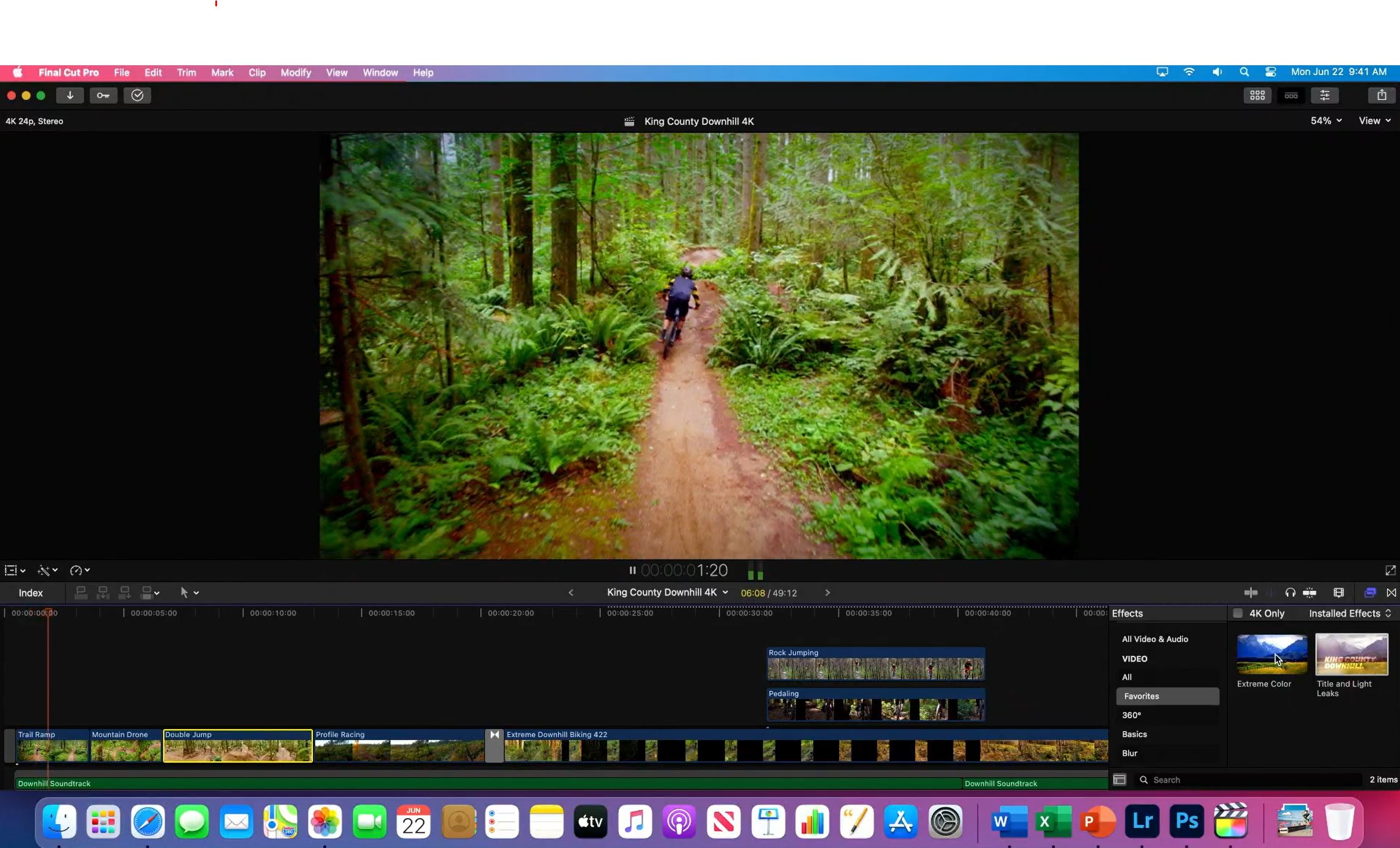Apple moves to custom processors for MacBooks, says goodbye to Intel
MacBooks will never be the same

Apple CEO Tim Cook confirmed today at WWDC 2020 that upcoming MacBooks will be powered by custom-built ARM processors. This marks a huge shift away from Intel, the chipmaker Apple has relied on for the past 15 years.
While Apple didn't specify why it's moving away from Intel, previous reports claim the company was concerned about unsatisfactory performance improvements. Cook previously voiced his displeasure with Intel and even cited CPU shortages as a reason for declining Mac sales.
Apple plans to develop a family of SoCs for the Mac that will bring new features and a common architecture so developers can easily make software for the entire Apple ecosystem. Apple will release the first Mac with Apple silicon at the end of this year before transitioning its entire fleet over within the next two years. Until then, Apple will continue to sell Macs with Intel CPUs.
- MacBook Air vs MacBook Pro: Which MacBook Should You Buy?
- Best MacBook in 2020: Apple laptop reviews and ratings
- MacBook Pro (13-inch, 2020) Review
By building MacBook chips in-house, Apple will gain more control over the supply chain and have a better grasp of how MacBooks interface with iPads and iPhones, both of which are already running on custom ARM chips. Upcoming MacBooks will run macOS Big Sur, not iOS or iPadOS, yet they will use the same tech as the A-series chips in Apple's tablets and smartphones.
Apple's ARM CPUs for MacBooks reportedly deliver better graphics and AI performance and are more efficient than Intel chips, so forthcoming MacBook laptops should last longer on a charge.
Apple announced its intentions of switching to custom ARM CPUs so developers have enough time to optimize their apps before the first ARM-powered MacBooks are released.

Some of the custom technology Apple is using includes advanced power management to improve performance and battery life, Secure Enclave for improved privacy, and a high-performance GPU for "a whole new level of graphics performance." The company went a step further and showed Tomb Raider playing at 1080p through the Rosetta 2 emulator.
Sign up to receive The Snapshot, a free special dispatch from Laptop Mag, in your inbox.
App compatibility is the biggest hurdle when switching from one chip architecture to another. To relieve those fears, Apple says Final Cut Pro and all Apple apps are already running natively and will be ready for customers when the first Macs with ARM are released. And, of course, the millions of iOS apps built for the iPhone and iPad can be natively used on a Mac.

The company achieved this compatibility using Xcode, which developers can use in order to get apps up and running "in just a matter of days," Apple claims. Devs can tap into the power of Macs and support Intel-based Macs with a single binary.
Of course, Apple needs developers to help as well. To that end, Microsoft is working on Office for the Mac, and Adobe already has several apps up and running on Apple silicon. Apple even showed Microsoft Word and Excel running on macOS Big Sur via a MacBook with Apple's A12Z SoC before demoing Photoshop and Lightroom.
To help developers get their apps ready for a new era of MacBooks, Apple is providing documentation and sample code, private forums, DTS support incidents, hands-on lab access and a Developer Transition Kit.
Phillip Tracy is the assistant managing editor at Laptop Mag where he reviews laptops, phones and other gadgets while covering the latest industry news. After graduating with a journalism degree from the University of Texas at Austin, Phillip became a tech reporter at the Daily Dot. There, he wrote reviews for a range of gadgets and covered everything from social media trends to cybersecurity. Prior to that, he wrote for RCR Wireless News covering 5G and IoT. When he's not tinkering with devices, you can find Phillip playing video games, reading, traveling or watching soccer.

